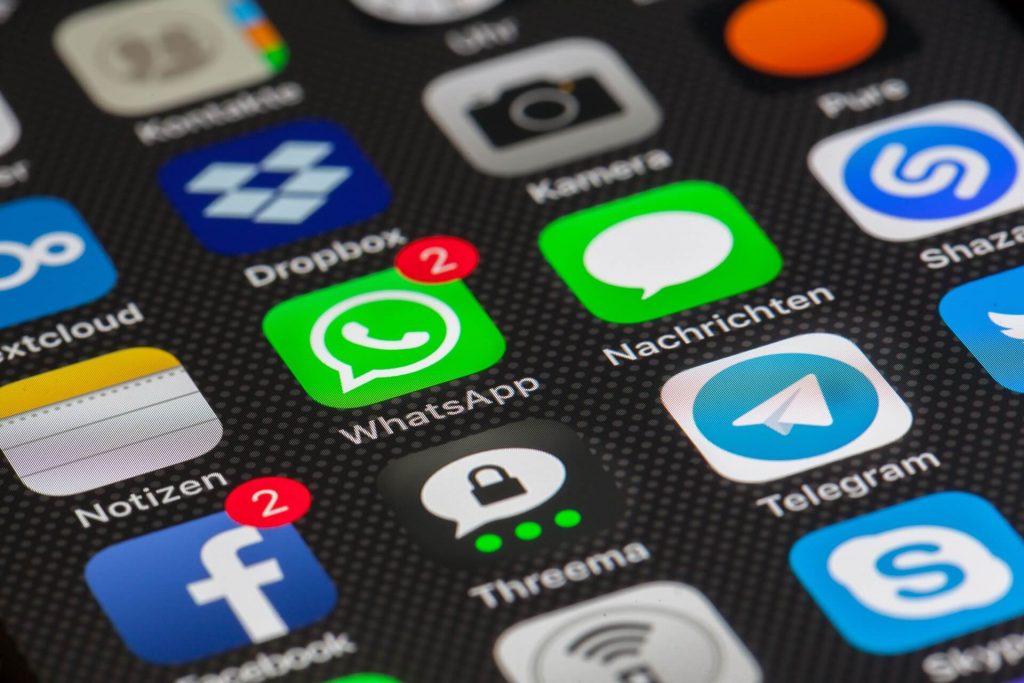Here is our guide to the importance of mobile backup and security and what you need to do to protect yourself.
1. Data Backup Will Keep Your Files and Photos Safe
We all store so many files and photos on our phones that it is very important to keep them safe or they could be lost together. The best way to do this is to backup your phone so that even if something happens to the mobile itself, you will still have everything stored elsewhere. While many people have their phones backed up in one location, you will be far more protected if you save your data multiple locations in case of an issue with one of them. As well as keeping your files on the handset itself (with the necessary security measures), you should also backup on your computer, on the iCloud or similar platform, and on a third-party cloud storage system. This will enable you to protect your files, connect and share content across multiple devices, and store far more files than you can on your phone.
2. You Should Only Connect to Secure Networks
When you are not at home or in your office, using a public WiFi network may seem like the best way to continue using your phone or other devices. Public networks can be extremely dangerous, however, and are one of the number one ways hackers attack your phone and steal your data, files, and passwords. An unprotected public network leaves you totally open for anyone to connect to your phone, gain access, and do all kinds of nefarious things. The only networks you should connect to other than your own are those with passwords and other security systems. You must be aware that cybercriminals and hackers sometimes set up WiFi networks that have the name of the store or park you are in so that unsuspecting people assume that it is the official network. Once connected, the real owner can actually take over control of your phone and do whatever they want with it.
3. Your Operating System Needs Regularly Updating
Keeping your phone and its software regularly updated is crucial to make sure that it has all the latest software and bug fixes. All mobile phones have some inherent weaknesses which can be exploited by hackers as they begin to learn more about each handset. As this takes some time, updates will help to close these entrance ways to hackers so that your phone is always safe. Many software upgrades are specifically for fixing security issues so don’t be one of those people who is always clicking to download the upgrades at a later time. They are being offered to you to improve your user experience and a huge part of that is about keeping your phone safe. Help your phone provider to help you by keeping the operating systems up to date at all times.
4. Be Careful About Downloading Apps
One of the biggest advantages of having a smartphone is that there are so many different apps to download, play with, and use to learn something new. There are game apps, language learning apps, maps, media players, and everything else you can imagine. The most important thing is to make sure that you are only downloading your apps from reputable marketplaces, whether they are free or need to be paid for. It is usually better to check the Apple Store or Google Play store before you start looking elsewhere for an app. The chances are that if an app is worth having, it will be available on those two. There is no simple solution for keeping your mobile phone backed up and secure. The skill and sophistication of modern hackers and cybercriminals mean that you have to be at the top of your game at all times when it comes to mobile safety. Make sure you have multiple backups, the latest operating systems, and that you only use reputable app stores and secure WiFi networks. Follow the four tips explained in this article and they will enable you to use your mobile safely.












